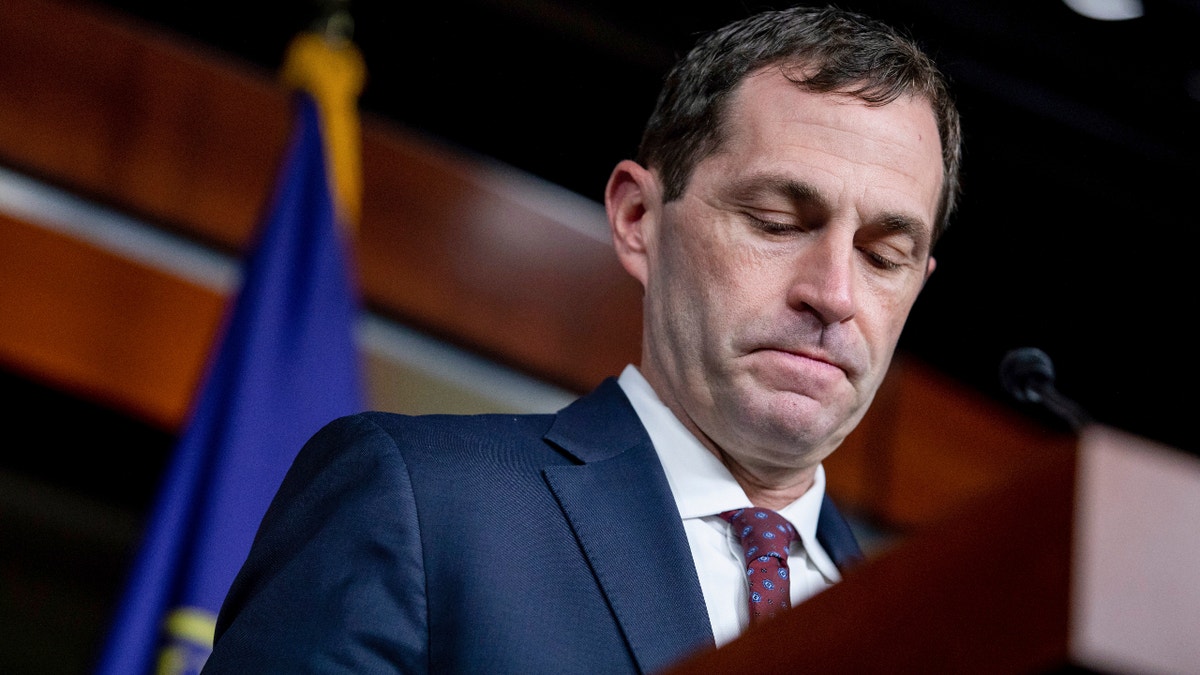Fox News Flash top headlines for July 24
Fox News Flash top headlines are here. Check out what's clicking on Foxnews.com.
A member of the House Intelligence Committee warned Americans to stay away from DNA testing services as the information could be used to develop bioweapons targeting specific groups of Americans or even individuals.
Rep. Jason Crow, D-Colo., made the comments during an appearance at the Aspen Security Forum in Colorado on Friday, saying many Americans are far too willing to give up their DNA information to private companies.
"You can't have a discussion about this without talking about privacy and the protection of commercial data because expectations of privacy have degraded over the last 20 years," Crow said "Young folks actually have very little expectation of privacy, that's what the polling and the data show."
"People will very rapidly spit into a cup and send it to 23andMe and get really interesting data about their background," he added.

Rep. Jason Crow, D-Colo., speaks to members of the media during a news conference on Capitol Hill (AP Photo/Amanda Andrade-Rhoades) (AP Photo/Amanda Andrade-Rhoades)
Crow, a former Army Ranger, then argued that once a person's DNA is gathered by a private company, that company can then sell it. 23andMe has denied ever selling the private information it gathers from customers.
Sen. Joni Ernst, R-Iowa, also attended the forum and added that U.S. adversaries could use the same technology to target livestock and crops to induce famine.
The warnings from Crow and Ernst came the same day that they raised alarms over the availability of cheap, military-capable drones, as well as China and Russia's expanding use of AI.
RUSSIA'S CLAIM ON US AND UKRAINE BIOLABS ‘ABUSRD,’ ‘UNTRUE’: US DEFENSE OFFICIAL

Senator Joni Ernst, a Republican from Iowa, listens during a Republican news conference on Capitol Hill in Washington, D.C. (Al Drago/Bloomberg) (Al Drago/Bloomberg via Getty Images)
The U.S. and its adversaries are researching ways to pair drone and AI technology to create "swarms" of up to 200 drones that can rapidly traverse the battlefield.
"It's not just the one-offs that are being purchased on the internet, but now we have near-peer adversaries that are developing swarm technology where they can use 100 or 200 different drones — highly, highly evolved drones that can attack our service members on the battlefield," Ernst said.
CLICK HERE TO GET THE FOX NEWS APP
Crow added that U.S. research into drone technology must also take moral and ethical considerations into account, something he acknowledges many U.S. adversaries are not concerned with.

